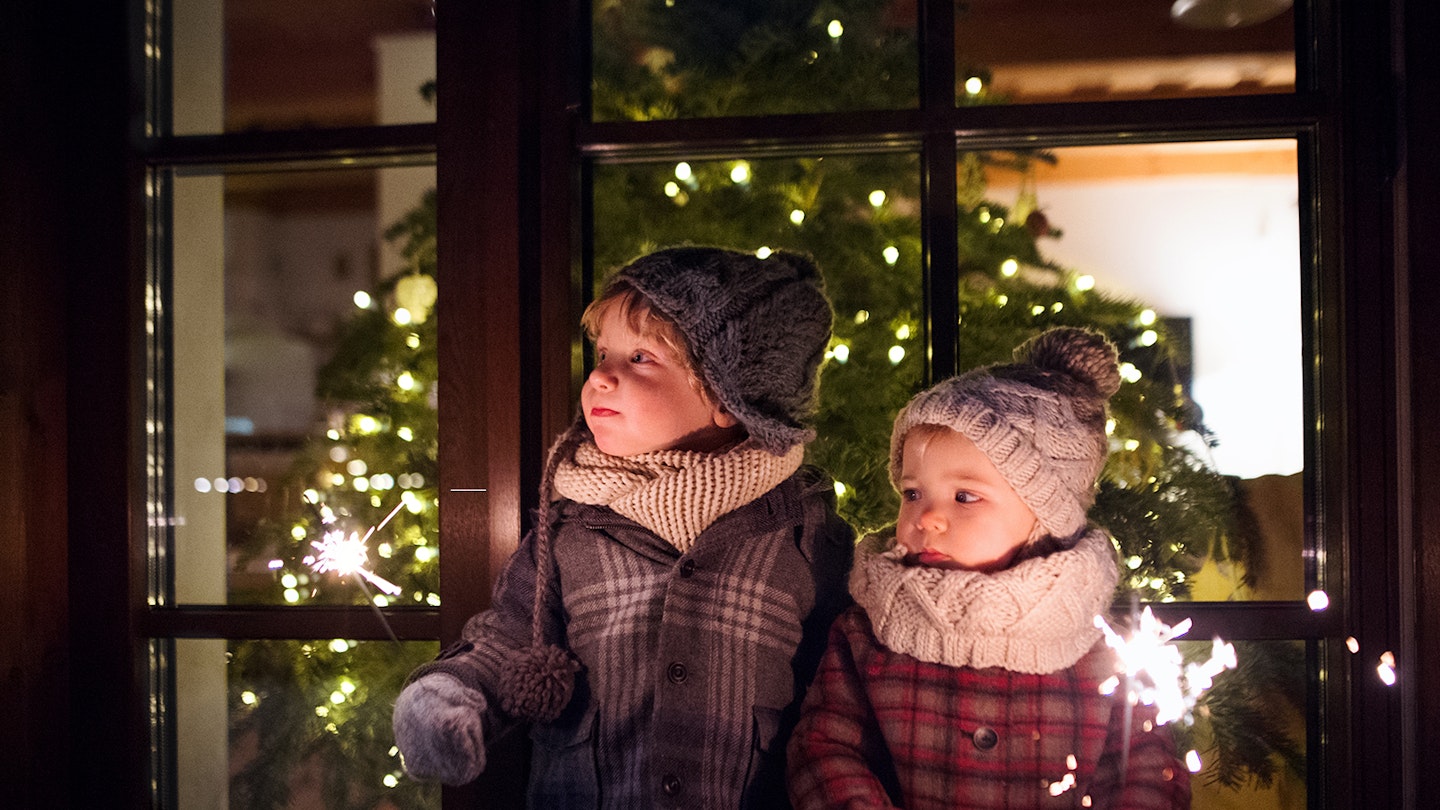Fireworks night can be a real joy for the whole family, as the night sky is lit up with incredible light displays, but while fireworks are amazing to watch they can be noisy and scary for young children, which is why it's important to take precautions, like investing in a pair of baby ear defenders.
To make sure your family’s night goes off with a bang, follow our expert tips for a safe night for all.
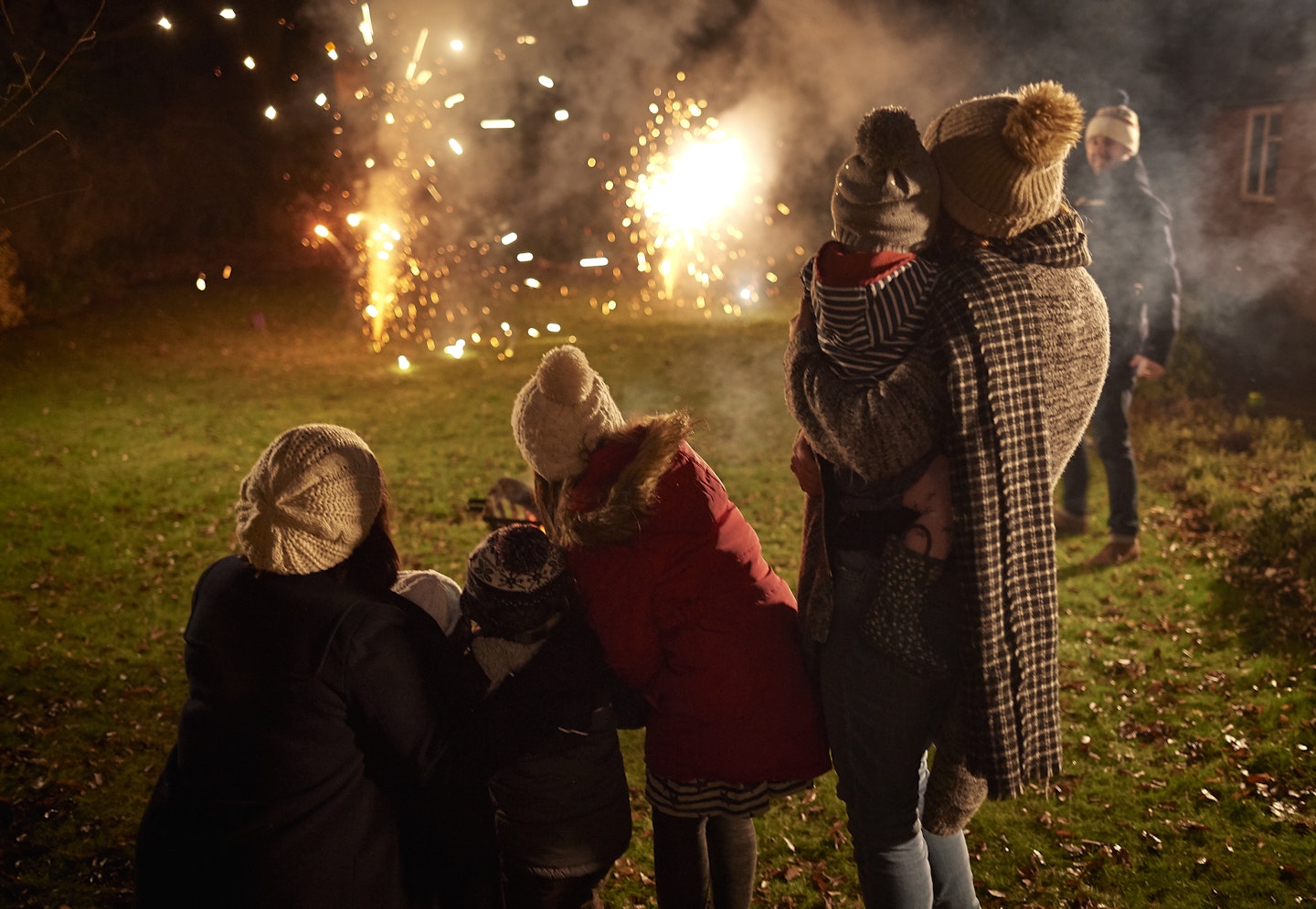 1 of 8
1 of 81) Lessen the noise
Your baby’s ears are super sensitive and the noise of the fireworks will probably be the loudest noise they've ever heard. If the fireworks are being set off in a small place such as a garden, keep them inside and let them watch from a window.
If you’re watching a display in a park then keep your baby’s ears protected (from both the sound and the cold) with a pair of earmuffs. You can also buy baby ear defenders, which are easy – and safe – to insert into your baby’s ears.
If you still think it’s too noisy, try watching the lights from inside your car with your baby to muffle the sound even more.
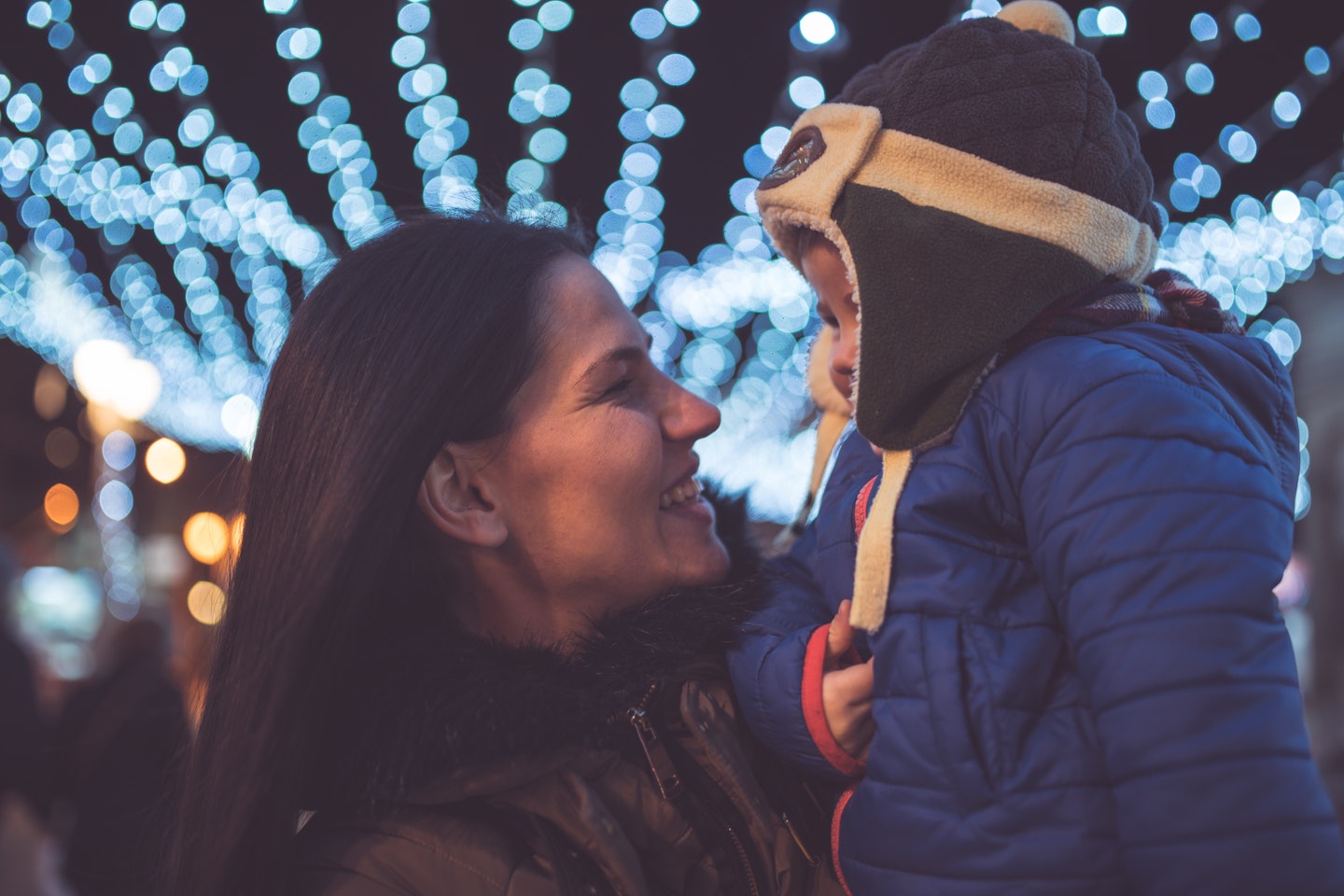 2 of 8
2 of 82) Keep your baby with you at all times
When fireworks are being set off or there’s a bonfire nearby, don’t let go of your child for even a second. If you need a bathroom break, take them with you or put them safely in the arms of a relative or friend you can trust.
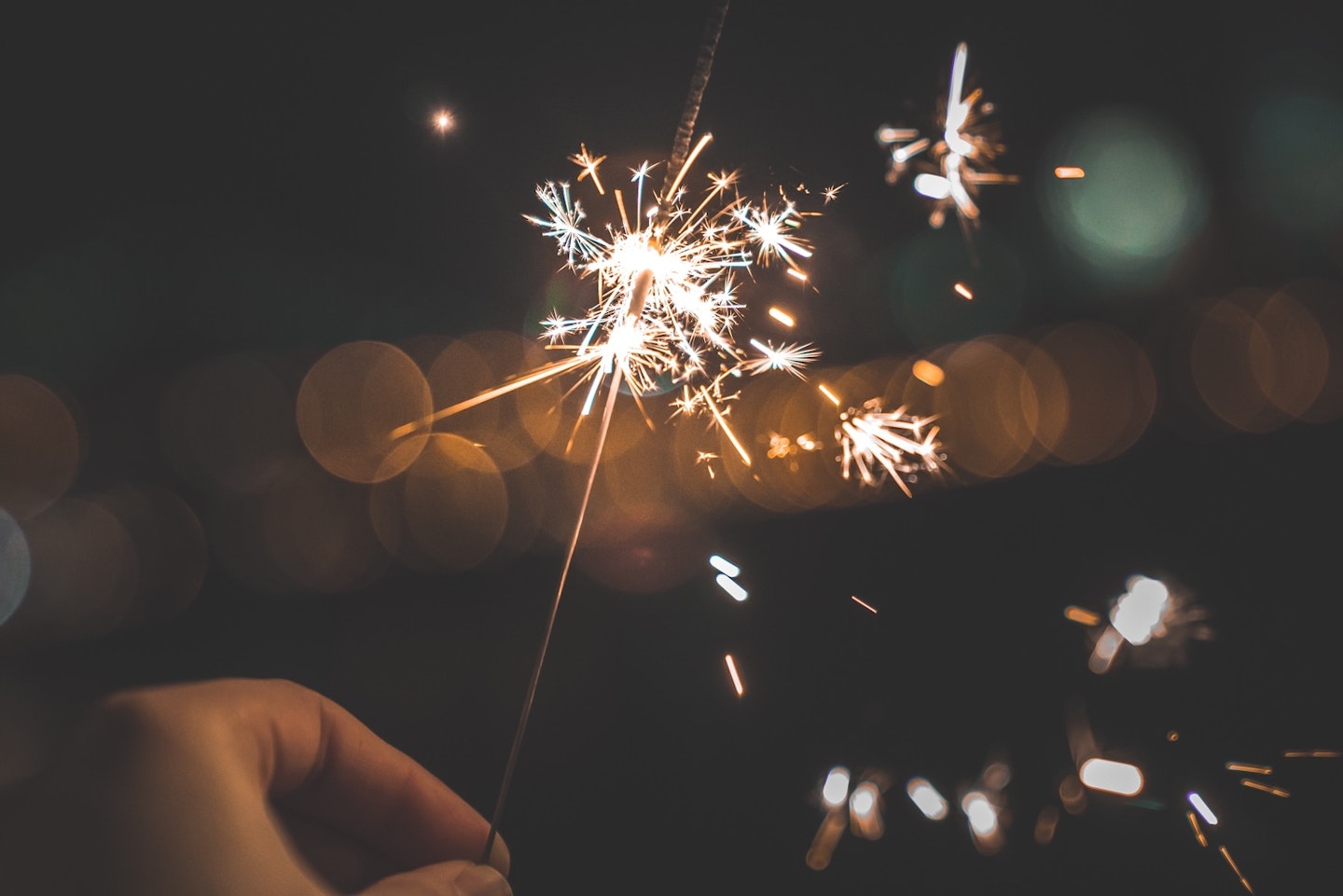 3 of 8
3 of 83) Be wary of sparklers
Sparklers may look child-friendly and make pretty patterns but they can reach temperatures of 982°C and are not suitable for under-fives.
If you do decide to give your child a sparkler, always help them hold it away from their face, clothing and hair and make sure they're wearing gloves to protect their hands.
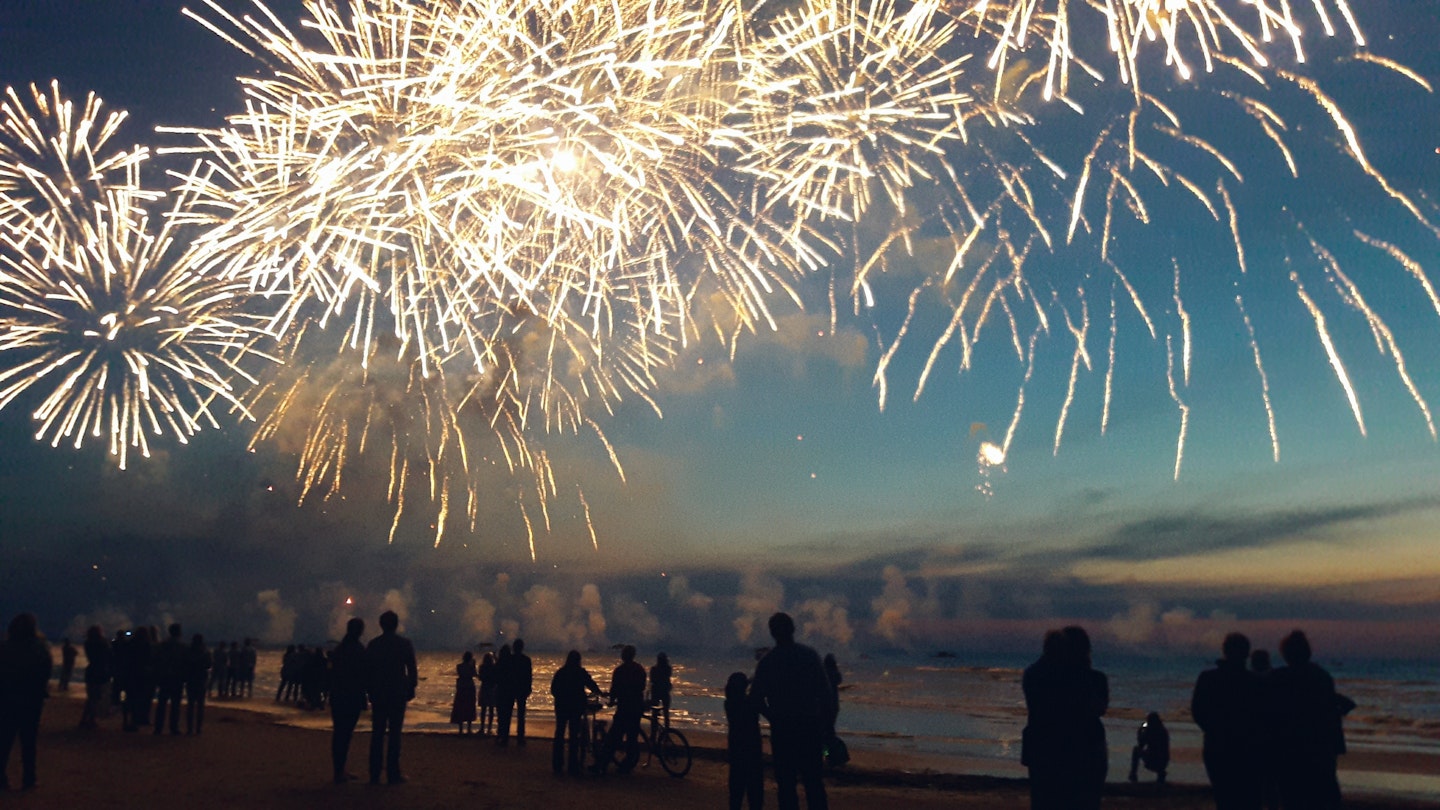 4 of 8
4 of 84) Steer clear of the heat and the fireworks
At public displays, there is usually a safety line that you should stay behind and if you’re in a private garden then keep as far away as possible from where the fireworks are set off. The same rules apply with bonfires, which can get really hot and make your baby uncomfortable.
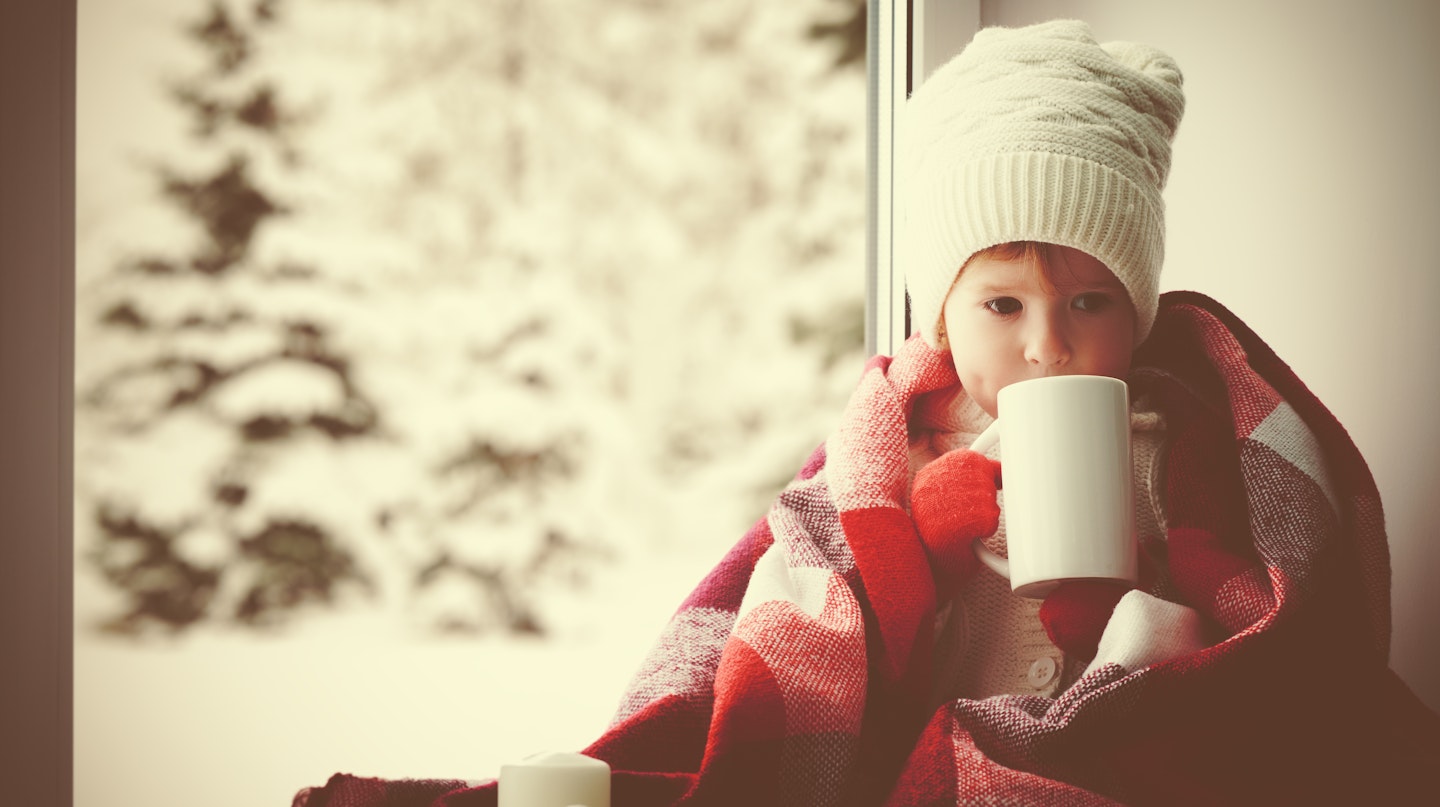 5 of 8
5 of 85) Keep your baby warm
Despite the bonfire, chances are that the night air will be pretty chilly so keep your tot wrapped up warm. Layers such as a winter coat, hat, scarf and gloves combo should do the trick!
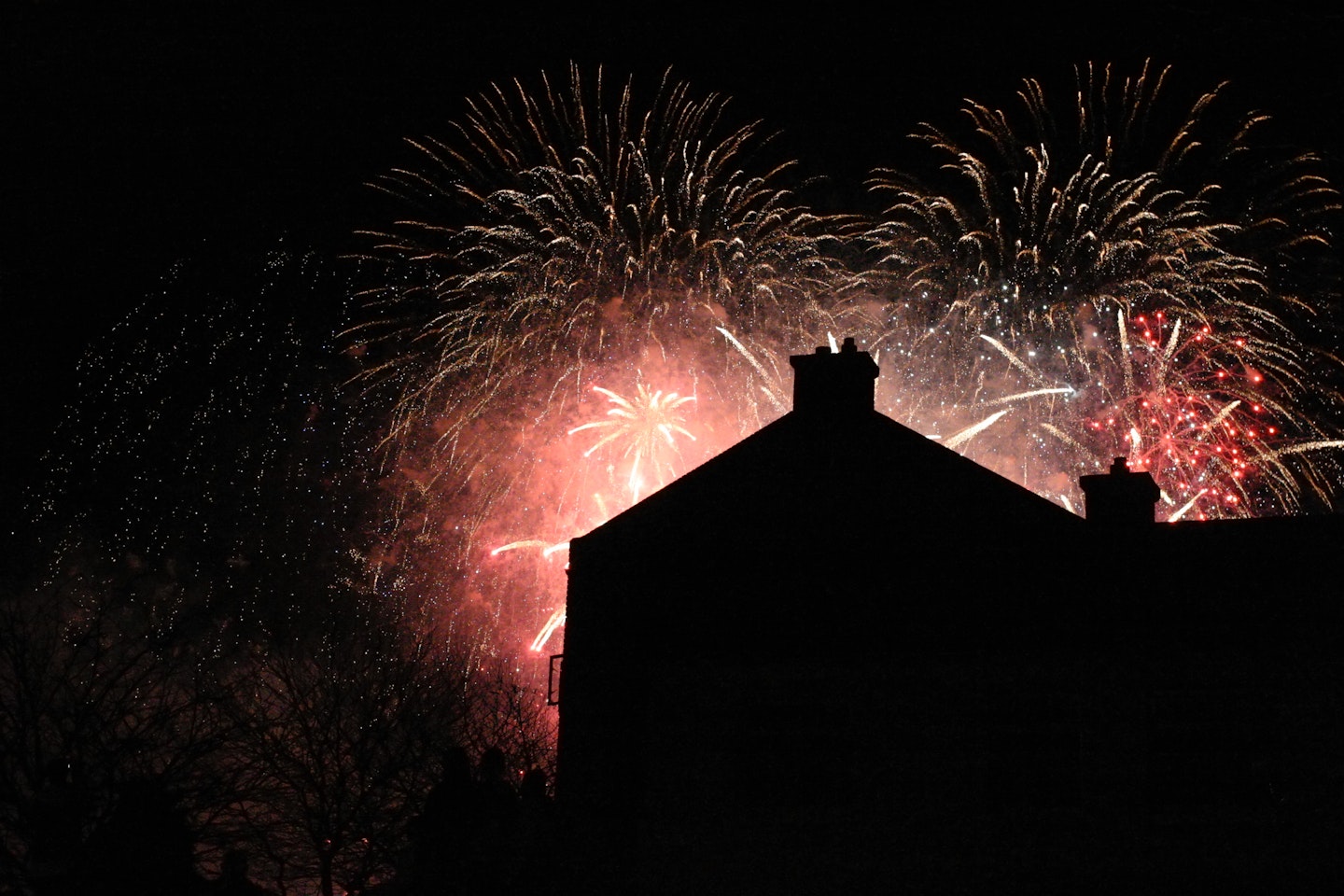 6 of 8
6 of 86) Buy legal fireworks...
If you're planning on buying fireworks for your own home display, make sure you buy them from a reputable source. Legal fireworks will be clearly marked with the manufacturer's name and logo. Before using them, store them in a cool, dry place that your tot can’t reach.
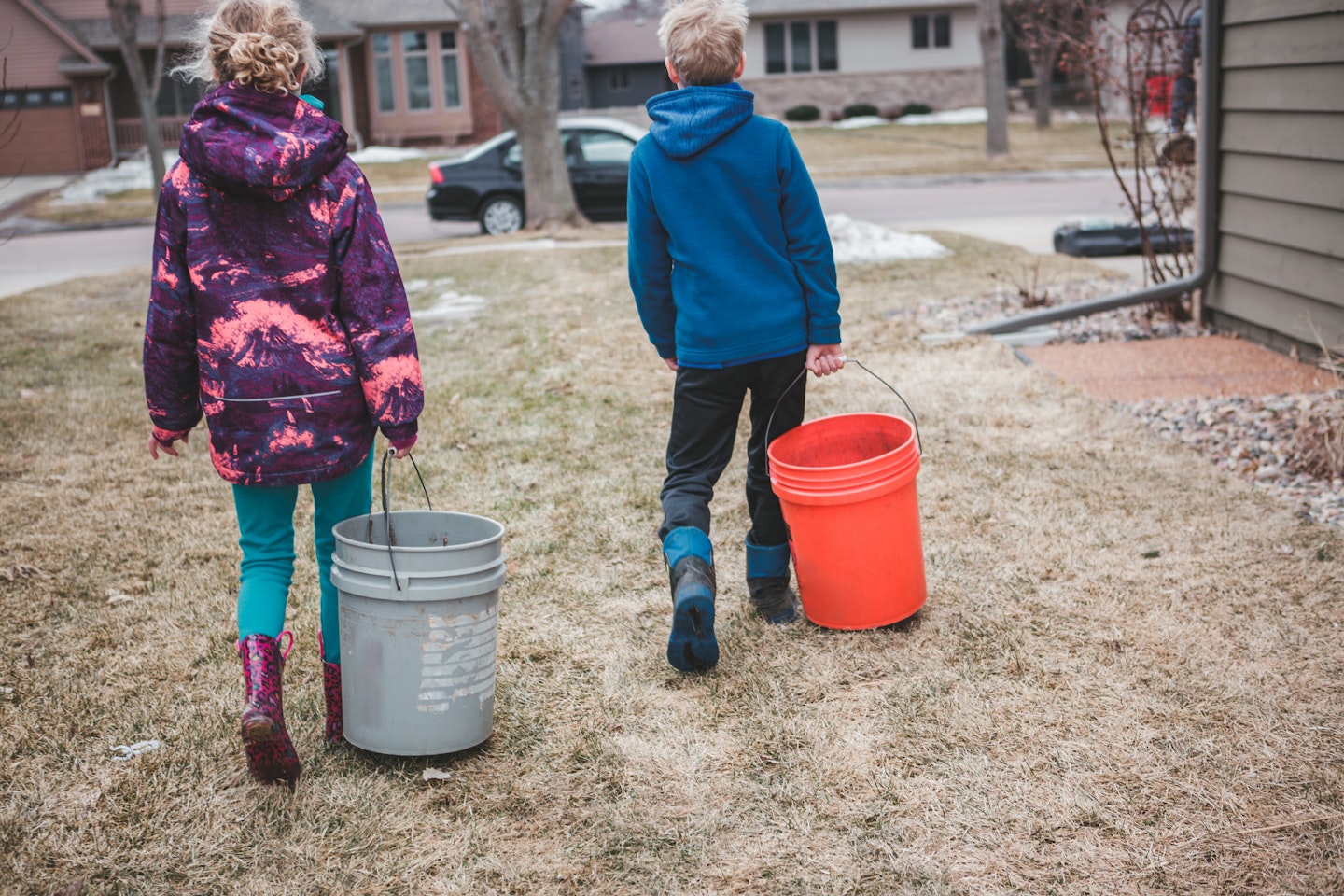 7 of 8
7 of 87) Keep water nearby
Have a bucket of water and hose on standby in case any of the fireworks cause accidents. And soak all of the firework leftovers in a bucket of water before throwing them away.
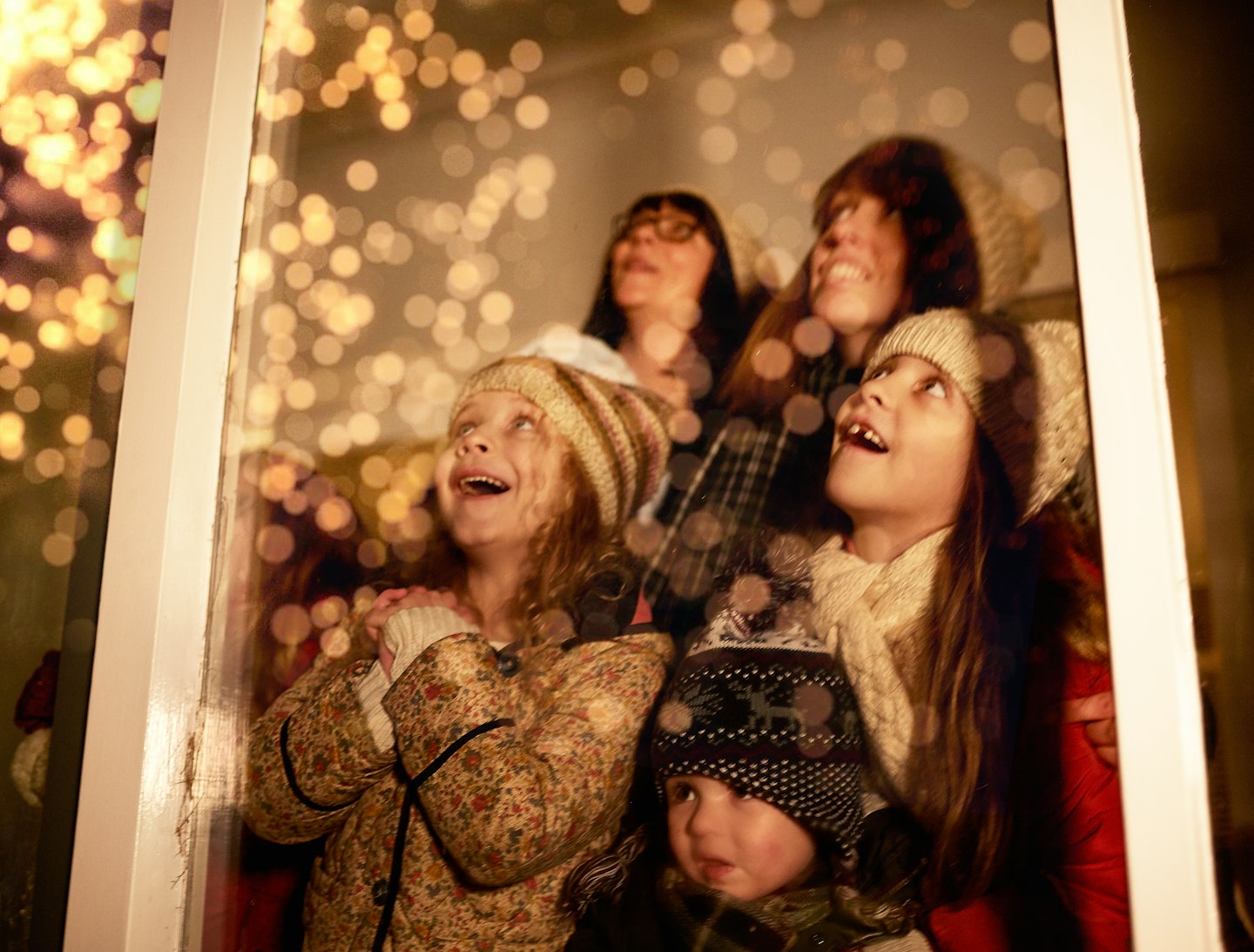 8 of 8
8 of 88) Be prepared to leave the display early
Some babies are mesmerised by fireworks but others get really upset by all the noise, bright lights and crowds of people, so it’s a good idea to have an escape plan (and route) in mind. Alternatively, there's plenty of fun to be had by staying home and enjoying some bonfire night crafts instead.
